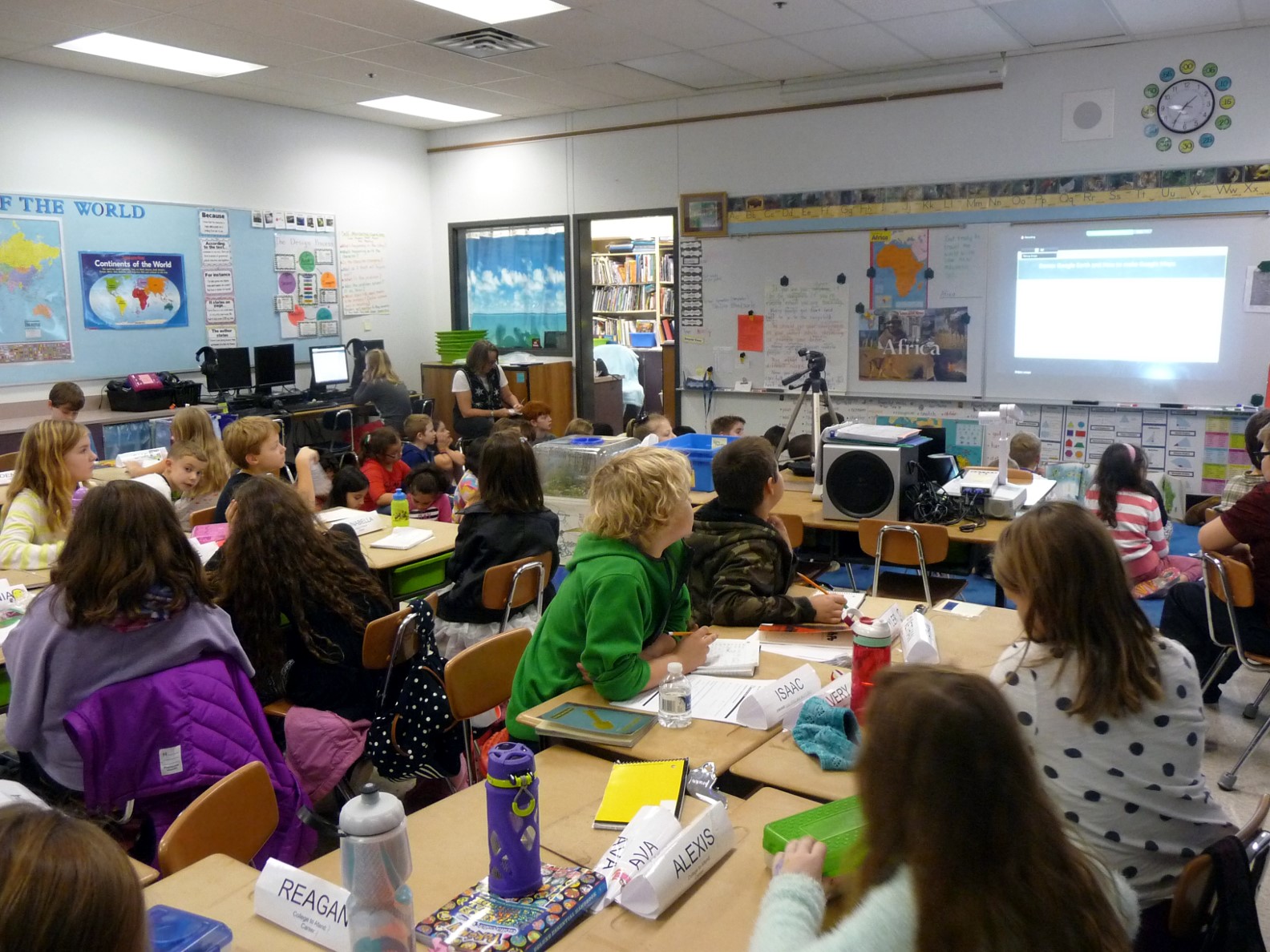Teachers: 8 Tips for Dealing with Problem Students

Over half of new teachers leave the field within the first 3 years. Why? Many cite the stress of dealing with disruptive and problem behavior in the classroom as the main reasons. If you feel frustrated with the behavior issues that you have to handle, take comfort in the fact that you are not alone—handling behavior issues comes with the job description. Follow the strategies that I have included in this article, and you will have no problem managing your students’ behavior. Here are eight tips for dealing with problem students.
- Keep rules simple and easy to follow. Choose no more than five or six of the most important rules. If students have too many rules, they will not remember any of them—and will not follow any of them!
- Create effective consequences. Make it a process. Start out with something that doesn’t affect them too much and make each consequence that follows a bit more severe. Remember that developing some way of keeping up with behavior and being consistent is a must.
Follow-through is also important, as is providing feedback. Make sure that students know why they are receiving a consequence and that they know how to avoid receiving future consequences. Finally, avoid punishing the whole class. It isn’t fair to those who do follow the rules.
- Create inspiring rewards. Limit tangible rewards. Tangible rewards are typically not approved for purchase with school money. Therefore, the teacher usually provides them out of his own pocket.
Customize the rewards to fit your current class. What are their interests? What motivates them? You also want to make sure you change it up. When you notice students are no longer motivated by the rewards, rethink your rewards system and present it to the class.
Allow the class to help develop the list of rewards for the same reasons they helped you create the classroom rules.
- Address your chatterboxes. The nonstop talking of a chatterbox can distract other students from concentrating on their work. This is something that you can tackle by giving positive instructions and avoiding negative ones. Rather than using a “no talking” approach, direct instructions to specific students, and ask them to “remain quiet.” Follow this with a “thanks” to indicate that your request has been met. If the talking takes place while you are speaking, simply stop speaking. This works as a reminder to students that they are supposed to listen and not talk among themselves.
- Don’t play into power struggles. Some students refuse to concentrate on their work and complete it as a way to pull the teacher into a power struggle. Do not fall into this trap at any time. Give students choices with consequences attached. Let them know that if the work is not completed within a specified time, they will miss free time or face other consequences. This puts the responsibility of their behavior on them and teaches them to make choices at the same time. Make sure to show appreciation to students with a smile or a “thank you,” if they make the right choice.
- Learn to have an effective discussion with an argumentative student. Students who challenge everything the teacher says or does can distract the class by forcing it to focus on secondary issues. It might be difficult not to reprimand a defiant student, however getting defensive or adopting a hostile attitude is not likely to solve the issue. Remain assertive and civil and focus on the primary issue. Repeated instances like these may require and “after class” discussion with the student to explain how the behavior spoils the relationships with you and interferes with learning time of his/her peers.
- Don’t tolerate brooding and sulking. Sulking behavior is also a distraction for the teacher. This is one behavior that needs to be nipped in the bud immediately. Have a private discussion with the student as soon as you observe this behavior. You might have to demonstrate the student’s behavior and mannerisms to him in order to clearly explain his behavior. More often than not, brooding students are unable to understand that they are being rude or socially unacceptable.
- Learn how to best help out your over-dependent students. A student who requests assistance all the time may be doing so out of a need for attention or may genuinely not be able to accomplish the task on his/her own. Assess the reason behind the clinging habit before you address it. Try ignoring the persistent calls to look at the work for a while, and when he/she waits patiently, reward him/her by looking at the work enthusiastically. Another strategy is to have students ask their peers before they speak to you for clarification.
Make sure you do your research on what will work best in your classroom. A good place to start is Behavior Management: A Whole-School Approach, a book authored by behavior management expert Bill Rogers. It describes how to handle tough behaviors.
What are your tips on dealing with challenging classroom behaviors?






